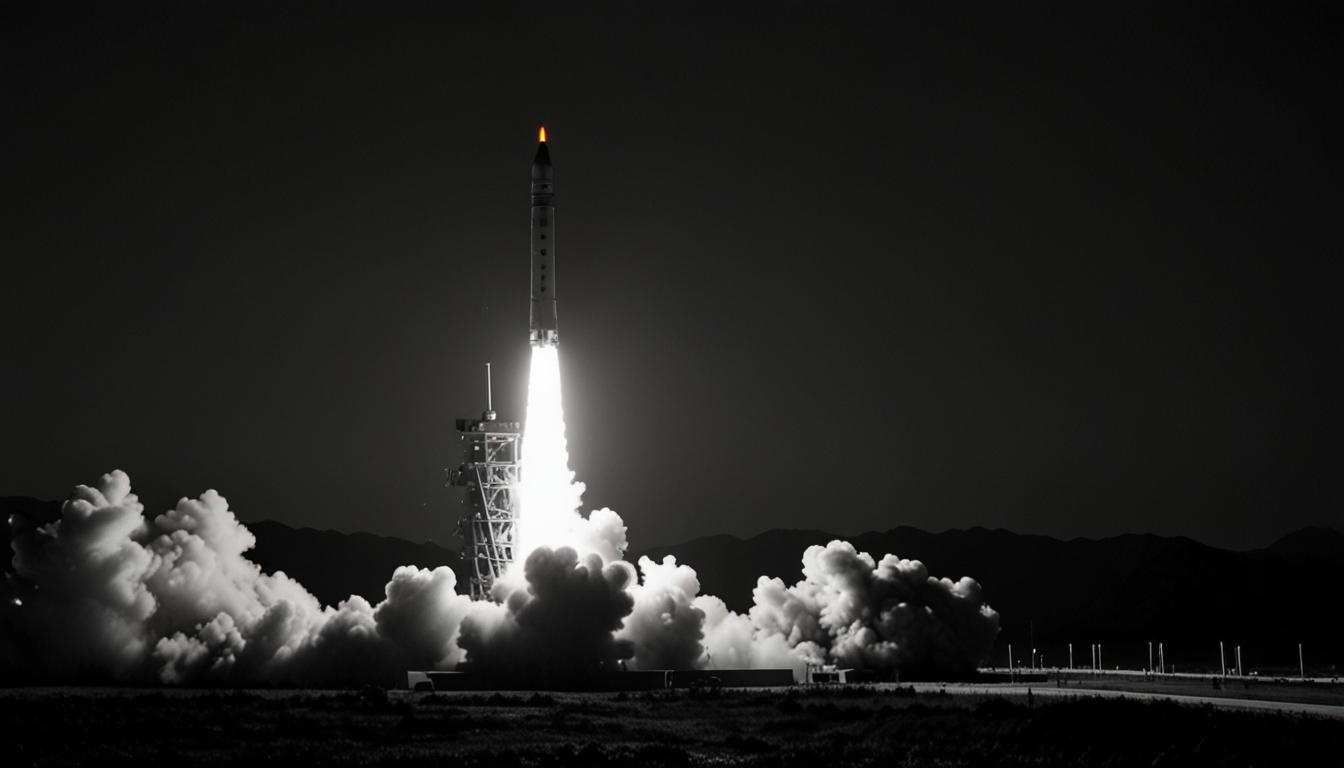On Wednesday, South Korea’s military reported a likely failure in North Korea's ballistic missile test. The missile was launched at 5:30 am from the capital region toward eastern waters but is suspected to have failed. South Korean and US intelligence agencies are analyzing the launch.
Japan's Defense Ministry confirmed the missile launch, and Yonhap news agency reported it traveled approximately 250 kilometers. Citing a South Korean military source, Yonhap suggested it might have been a hypersonic missile. Japanese media stated the projectile fell outside Japan's exclusive economic zone.
This event follows North Korea's objection to the recent regional deployment of a US aircraft carrier for trilateral military exercises with South Korea and Japan. North Korea has also sent large balloons, likely filled with trash, into South Korea for a second consecutive day. This act is thought to be in response to South Korean activists flying political leaflets into the North.
The USS Theodore Roosevelt arrived in South Korea on Saturday, with South Korean President Yoon Suk Yeol boarding the carrier on Tuesday. It will participate in the South Korea-US-Japan drill, "Freedom Edge," aimed at refining combined responses in various operational domains.
Kim Kang Il, North Korea’s vice defense minister, labeled the US carrier's deployment "reckless and dangerous." As North Korea advances military ties with Russia, the trilateral training aims to bolster response capabilities against North Korea's nuclear threats.
Last week, Kim Jong Un and Russian President Vladimir Putin signed an agreement to provide mutual aid in the event of an attack, marking a significant post-Cold War connection. The US and its allies believe North Korea is exchanging conventional arms with Russia for military and economic support.
North Korea’s missile launch is its first since May 30, when Kim Jong Un supervised the firing of nuclear-capable multiple rocket launchers. The North has increased weapons tests since 2022, allegedly to enhance its nuclear capabilities against perceived US threats, aiming for greater diplomatic concessions.
In unrelated news, a SpaceX Falcon Heavy rocket launched on June 25, 2024, carrying the final satellite of the next-generation geostationary weather satellite series for NASA and NOAA from Cape Canaveral, Florida.
